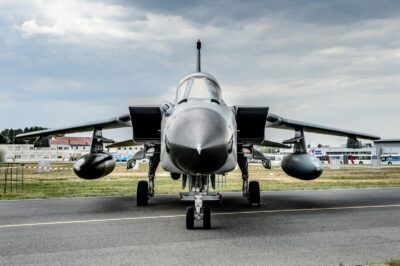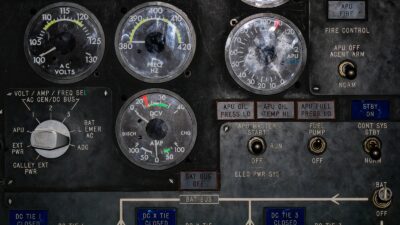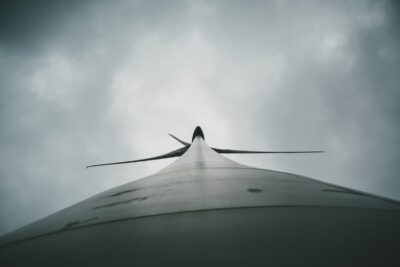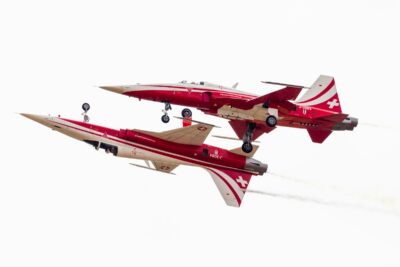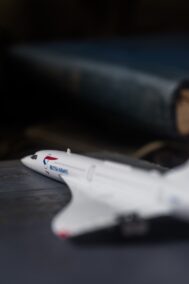Revolutionizing Aviation Economics
Lowering Operating Costs with Electric Aircraft
Electric Aircraft represent a paradigm shift in aviation, offering airlines the potential to significantly reduce operating costs and enhance sustainability. In regions like Saudi Arabia and the UAE, where the aviation industry is a critical driver of economic growth, the adoption of electric aircraft could have far-reaching implications. From Riyadh to Dubai, airlines are exploring the feasibility of integrating electric aircraft into their fleets to capitalize on cost savings and environmental benefits.
One of the primary advantages of electric aircraft is the reduction in fuel expenses. Unlike traditional jet engines that rely on fossil fuels, electric aircraft use electric propulsion systems powered by batteries or fuel cells. This not only eliminates the need for expensive aviation fuel but also reduces greenhouse gas emissions, making electric aircraft a more environmentally friendly option. By transitioning to electric aircraft, airlines can mitigate the volatility of fuel prices and achieve greater cost predictability over the lifetime of the aircraft.
Minimizing Maintenance Expenses for Long-Term Savings
In addition to lower fuel expenses, electric aircraft also offer potential cost savings in maintenance. Compared to conventional combustion engines, electric propulsion systems have fewer moving parts and require less frequent maintenance. This translates to reduced downtime and lower maintenance expenses for airlines, resulting in significant cost savings over the lifetime of the aircraft. In the competitive airline industry, where margins are tight and operational efficiency is paramount, the economic benefits of electric aircraft are driving widespread interest and investment.
Moreover, the use of electric aircraft aligns with the broader trend towards sustainability and corporate responsibility. In Saudi Arabia and the UAE, where sustainability initiatives are increasingly prioritized, airlines that embrace electric aircraft can enhance their brand reputation and appeal to environmentally conscious consumers. By demonstrating a commitment to reducing carbon emissions and mitigating climate change, airlines can differentiate themselves in the market and attract a growing segment of eco-conscious travelers.
Embracing the Future of Aviation
Seizing Opportunities for Innovation and Growth
As electric aircraft technology continues to mature, airlines in Saudi Arabia and the UAE have a unique opportunity to lead the charge towards a more sustainable and cost-effective future. By investing in research and development, partnering with technology providers, and collaborating with government agencies, airlines can accelerate the adoption of electric aircraft and reap the benefits of reduced operating costs and enhanced competitiveness. From Riyadh to Dubai, the transition to electric aircraft represents not only a financial opportunity but also a strategic imperative for staying ahead in a rapidly evolving industry.
In conclusion, electric aircraft hold tremendous promise for reducing operating costs and enhancing sustainability in the aviation industry. By leveraging advanced technologies and embracing innovation, airlines in Saudi Arabia and the UAE can unlock significant cost savings and position themselves for long-term success. As electric aircraft technology continues to evolve, the sky is truly the limit for airlines willing to embrace the future of aviation and seize the opportunities it presents.
—
#ElectricAircraft #OperatingCosts #Airlines #FuelExpenses #MaintenanceExpenses #SaudiArabia #UAE #Riyadh #Dubai #ArtificialIntelligence #Blockchain #TheMetaverse #GenerativeAI #ModernTechnology #BusinessSuccess #LeadershipSkills #ProjectManagement



